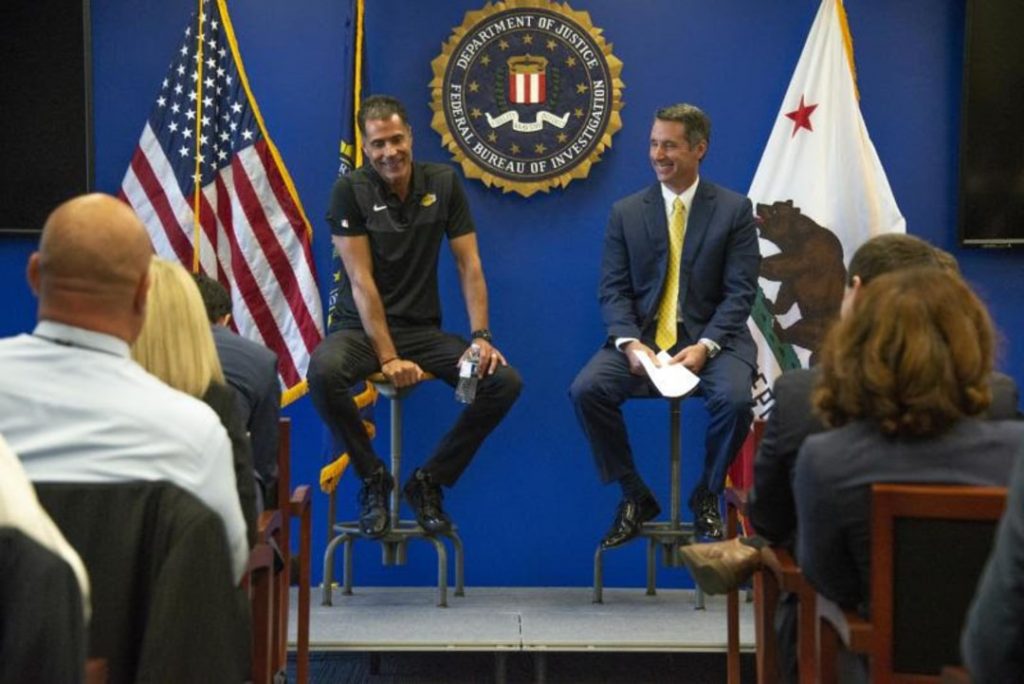Brief History of Law Enforcement Intelligence


In this article, you’ll learn about the FBI’s Top Hoodlum program and law enforcement which develops information on notorious criminal leaders. You’ll also learn about the National Crime Information Center and Operation Fastlink, which combat global Internet piracy. In addition, you’ll discover how the FBI arrested a former Soviet espionage agent.
FBI’s Top Hoodlum program develops information about prominent criminal leaders
The FBI’s Top Hoodlum program develops and analyzes information about prominent criminal leaders, including organized crime leaders. The program has been in existence since August 25, 1953. That year, the FBI’s national office directed field offices to gather information about mobsters in their territories and report it to Washington. This program became a national center for intelligence on organized crime and racketeers. The FBI began investigating the organizations that emerged during the Prohibition era as fronts for crime in major cities. FBI agents conducted undercover operations and used the provisions of the RICO Act to gather information about prominent hoodlums and their organizations.
FBI’s National Crime Information Center becomes operational
The National Crime Information Center (NCIC) is a computerized database containing various criminal justice information. It can help law enforcement agencies identify fugitives, stolen property, and missing persons. This information is updated in real-time and is available to federal, state, and local law enforcement.
The National Crime Information Center was created in 1967 due to the growing concern about crime and the need for better monitoring of criminal activity. This information is gathered by the FBI and is used in criminal investigations and counter-terrorism efforts. The FBI is responsible for monitoring and investigating illegal activity and is also responsible for conducting intelligence-gathering operations.
The USA Patriot Act expanded FBI powers by allowing it to collect personal information and records of Americans who are potentially related to an investigation. Since the September 11 attacks, the line between criminal investigations and foreign intelligence operations has become increasingly blurred. Initially, such surveillance tools were developed to catch Soviet spies but are increasingly being used against Americans.
FBI’s Operation Fastlink combats global Internet piracy
The FBI and the Department of Justice conducted Operation Fastlink, a global Internet piracy sweep, which seized over 200 computers. The sweeps targeted some of the most prolific online piracy organizations. As a result of the sweeps, close to 100 individuals are under investigation. Additional targets will be pursued as investigations continue. The operation was conducted by law enforcement agencies in 27 states and ten countries.
Operation Fastlink involved 120 search warrants in 27 states and ten foreign countries. It also involved the FBI’s Cyber Division, the Department of Justice’s Computer Crimes and Intellectual Property Section, and Interpol. While the full scope of the operation has not been made public, the FBI and its partners have coordinated with several rights-holder organizations to identify individuals and groups involved in Internet piracy. Since its launch, the operation has resulted in more than 60 convictions.
FBI’s arrest of Soviet espionage agent
The FBI’s arrest of a Soviet espionage agent is a significant development for the bureau. Special Agent Van Harp, head of the FBI’s Washington Field Office, called the arrest of James Hanssen “closure to one of the darkest chapters in the agency’s history.” Hanssen had given the Soviets information that would have endangered American nuclear operations and a secret tunnel underneath the Soviet Embassy in Washington.
The two defendants discussed small yield high-penetration nuclear warheads, which the U.S. Congress has authorized to use against the U.S. They also discussed the CIA turnover and the 2008 U.S. presidential election, two issues that are sensitive to the Soviet Union. The message was intercepted during a private conversation with a former congressional counsel.
Civil libertarians’ concerns about law enforcement intelligence
The recent developments in law enforcement intelligence have been met with solid debate from civil libertarians. New technologies that facilitate the surveillance of electronic communications are raising privacy concerns. In addition, obtaining such information without a court order is illegal. Whether such technology should be used by law enforcement is essential.
Law enforcement agencies, including the FBI and the CIA, must adhere to a strict set of constitutional protections. These protections should be a foundation for any law enforcement intelligence program.
